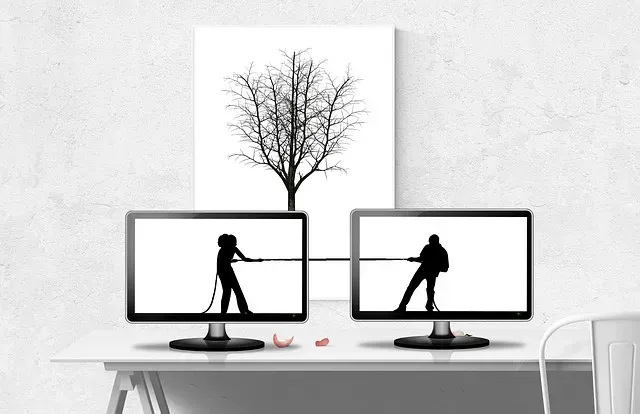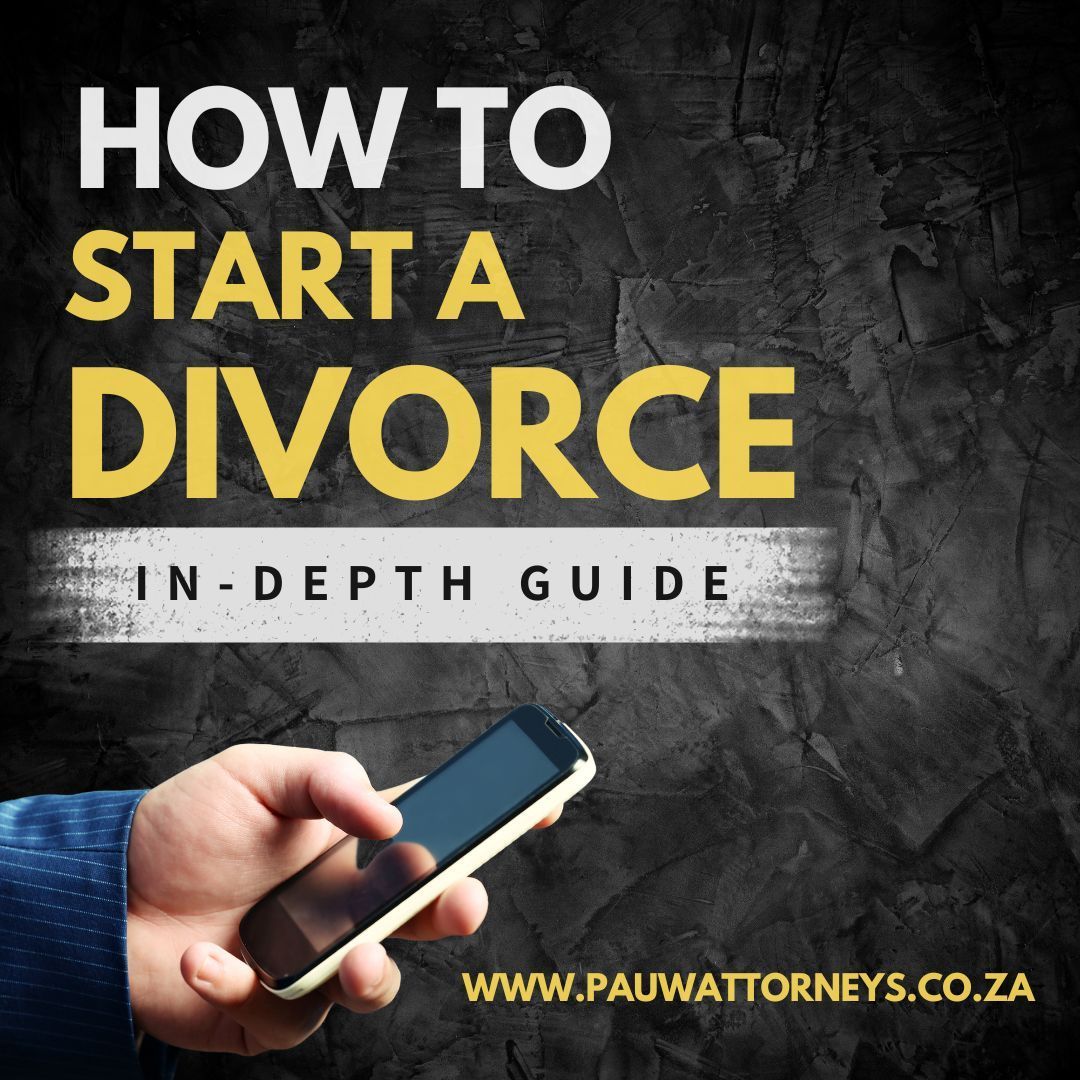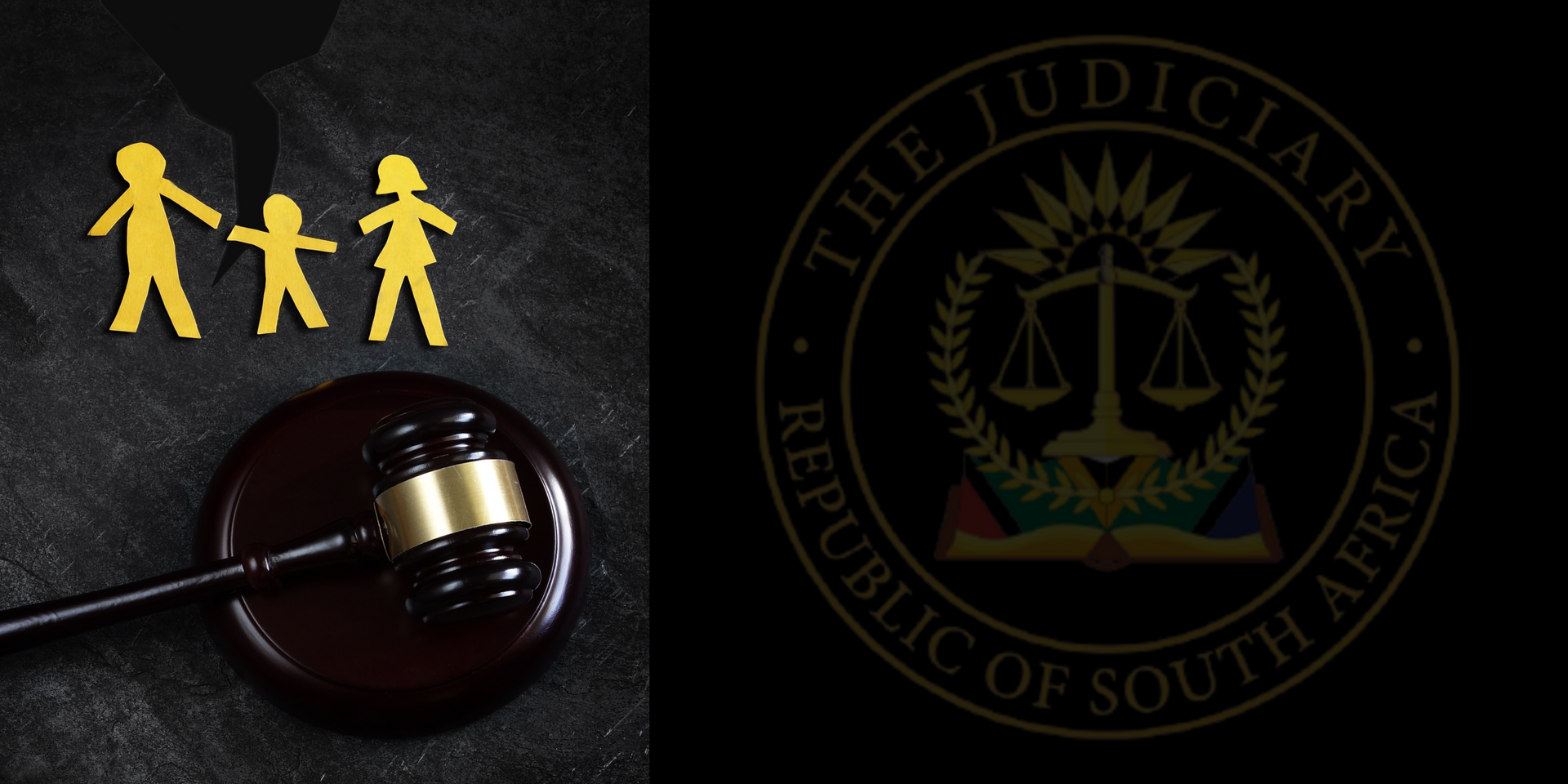Seriously Consider Mediation! | Resolving Disputes Amicably - Expert Mediation Services for Conflict Resolution, Legal Guidance, and Peaceful Solutions in Difficult Situations.
Mediate where possible!
If you are trying to determine whether you need to mediate a divorce, here are some questions to ask:
- Have the parties expressed a desire to try to work things out amicably?
- Are the parties willing to negotiate and compromise?
- Is there a history of domestic violence or abuse in the relationship?
- Have the parties already hired attorneys?
- Are there complex financial or property issues that need to be resolved?
- Do the parties have children? If so, are they able to put their children's best interests first?
- Are the parties willing to participate in mediation and commit to the process?
- Are there any urgent matters that require immediate legal intervention, such as a protective order or restraining order?
Answering these questions can help you determine whether mediation is a viable option for the parties involved. It's important to note that mediation may not be suitable for all situations, and parties should seek legal advice before deciding which course of action to take.

A person's life might be thrown into complete and utter disarray while they are going through a divorce. It is possible for all people involved to have an extremely emotional and stressful experience as a result of it. Unfortunately, in many situations, the process of getting a divorce can become even more challenging if the parties decide to litigate their disagreements rather than attempt to resolve them through mediation.
When going through a divorce in South Africa, it is essential to give mediation a fair chance as a method for settling any disagreements that may arise. A procedure that is not combative and is focused on finding common ground and resolving issues in a manner that is acceptable to both parties is one that can be provided by mediation.
The following are some of the reasons why persons going through a divorce in South Africa might consider using mediation rather than going to court:
- Mediation is a cost-effective alternative to litigation that can save parties both time and money. The procedure usually takes a lot less time than a court case does, and it can help both parties save a significant amount of money in legal bills.
- Less distressing:
Divorce litigation may be extremely stressful and emotional, and it can frequently give the impression that the parties are engaged in a struggle with one another. The goal of mediation, on the other hand, is to foster an atmosphere that is less rigid and more open to collaboration. This, in turn, can make the process significantly less stressful for all parties involved.
- Because mediation is a secret procedure,
the specifics of the conversations that take place and the agreements that are struck during the process cannot be utilized in court to prosecute or defend either of the parties involved. This can be of particular use in situations in which the parties want to preserve a certain level of privacy for themselves.
- When a matter is resolved through mediation, all
parties involved have a larger degree of influence over the final outcome of the conflict. Instead than having a judge make choices that might not be in either party's best interests, the parties to the dispute can sit down together and come up with a solution that will be beneficial to all parties involved.
- The parties involved in the conflict may have improved communication as a result of the mediation process. This may be of utmost significance in circumstances in which the parties will be required to maintain communication with one another, such as in circumstances in which they will share custody of a child or children.
In a nutshell, it is essential to give serious consideration to the possibility of mediating divorce cases that are pending in South Africa as an alternative to going to court. Everyone involved can save time, money, and worry by using mediation, which is a procedure that is more collaborative and less antagonistic than other dispute resolution methods. In addition to this, it enables the parties to keep a higher degree of control over the result of the case and can assist in making communication more effective.




















































